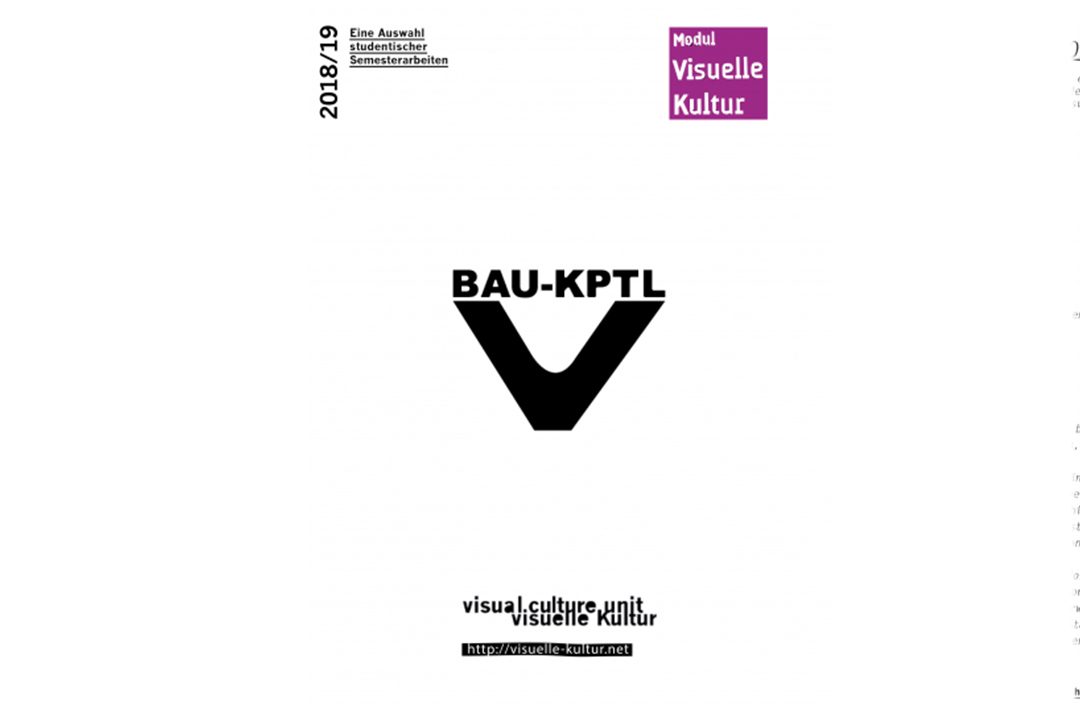- Winter 2018/19
Master - 264.097
- Visuelle Kultur
Modul - Dipl.-Ing.
Christian Frieß
Regime des Visuellen
THE CITY AS INTERFACE
All kinds of urban practices are mediated by means of interconnected digital platforms nowadays. While the linking of urban-social visions and ideas of governance with emerging technology and new scientific methods have a long history – from Francis Bacons’ „New Atlantis“ to Le Corbusiers’ „City of tomorrow“ to Cedric Prices’ „Fun Palace“ – digital platforms seem to finally make possible what has been an utopia in the past. What then are the implications of these emerging possibilities when the material and virtual converge in the contemporary “smart” city?
From small scale neighborhood projects to collaborative city-making, from optimizing urban infrastructures to solving all kinds of social problems, platforms have stretched into almost all dimensions of the social and urban fabric in many places already. What is common to all those platforms is that huge amounts of data are aggregated and processed. Data, which is incessantly created and/or used, intentionally and/or unintentionally, by citizens interacting with both, the physical and the digital environment. However, platforms are not neutral mediators but infrastructures which embody ideologies and visions – be it technocratic utopias, social agendas or neoliberal politics. Further, the enmeshing of the built environment and data-driven platforms suggests new or altered experiences and orientations in relationship to the time and space of contemporary urban life. How does architecture facilitate new encounters between people, data, and space in these contemporary visions for the 21st century city, and what orientation do related projects take up in relationship to the accumulation of data, capital, and/or state or economic power?
In this semester’s course we will investigate a „platform mentality“ focusing on projects from Vienna´s ongoing Smart City Framework. Based on case studies we will discuss the interrelation of a platform mentality and the cities’ imaginary and built fabric. Together with Fulbright Specialist Benjamin Gerdes, a New York-based artist, writer and Assistant Professor at the College of Arts, Long Island University New York, we will draw upon architectural, artistic, and journalistic research methods to create multidisciplinary mappings and related experiments informed by tools of “reading architecture“. These practice-based responses to the questions posed by the city as interface will culminate in an exhibition at the end of the term.
Regime des Visuellen
Dipl.-Ing. Christian Frieß
Montags, 10:00-14:00
Beginn: 08. Oktober 2018
Ort: Seminarraum 264/1, Karlsgasse 13
Weitere Details in TISS
